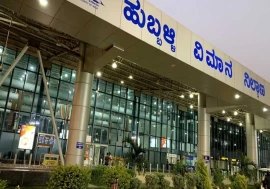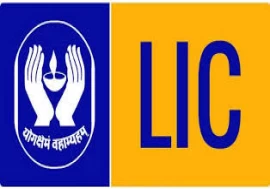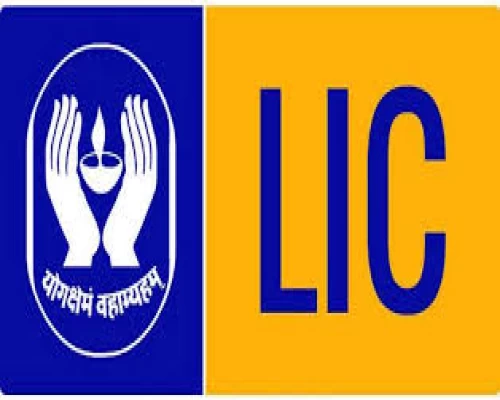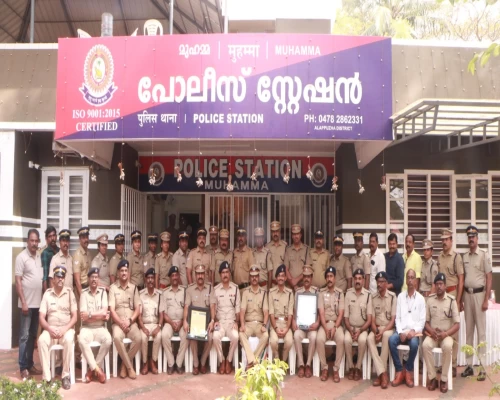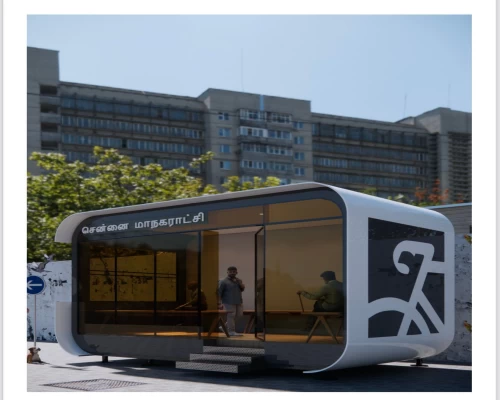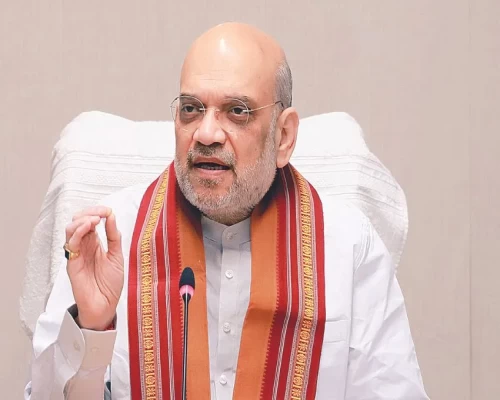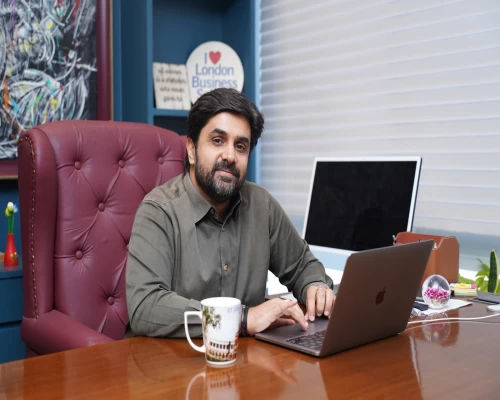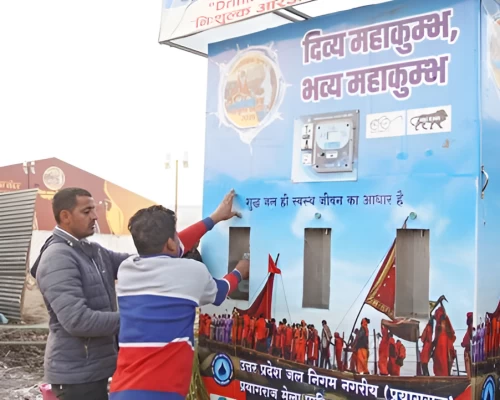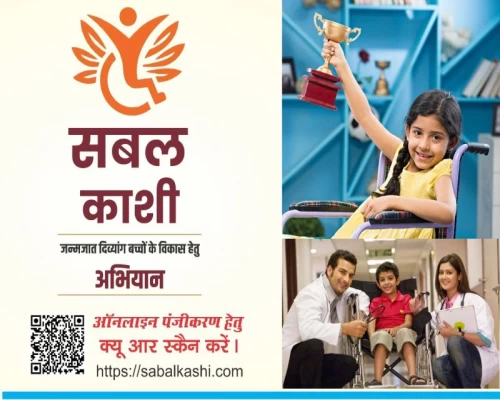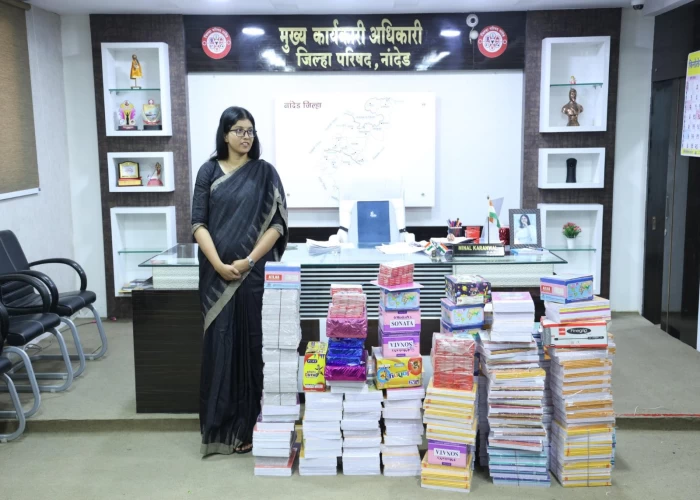
Nanded: Minal Karanwal, a 2019 batch IAS officer and Chief Executive Officer of Zilla Parishad in Nanded, Maharashtra, has introduced a heartwarming initiative to support local education. Minal observed that people often visit her with bouquets and gifts on special occasions. This inspired her to request, on the completion of her first year in office on 22 July 2024, that well-wishers bring school supplies instead of flowers.
Minal's request was simple: rather than bouquets, she asked for items such as registers, notebooks, pens, pencils, geometry boxes, sketch pens, and colour pencils. The response was overwhelming, and these donated items were then distributed to children in Zilla Parishad schools across Nanded.
In an exclusive conversation with Bureaucrats India, Minal shared that she personally delivers supplies to students, rather than relying on anyone else. She said, "My car is often filled with educational materials like books, notebooks, pencils, and pens, ready to be handed out whenever I encounter children in need. This hands-on approach ensures that the supplies reach the right hands. In less than a month, we have already benefited around 300 children."
Minal has always been passionate about promoting education for all. In 2023, she pioneered the Vedh Movement in Nandurbar's ashram schools, introducing a heutagogy-based education model where students' pace and curiosity determine the flow of the class. This approach to learning is unique in that it does not rely on external resources like books, training, or smart classes. Instead, it fosters a culture of self-learning, particularly aimed at bridging foundational literacy and numeracy skills.
Traditionally, classrooms have been characterised by monologic lectures delivered by teachers, with a fixed number of students expected to grasp the content at the same pace. Exams are then administered to test all students on the same level of understanding, effectively limiting students to the pace set by the teacher. However, the success of the Vedh Movement in Nandurbar demonstrates that conventional methods – such as book and workbook distribution, syllabus adjustments, policies of not failing students until class 8, or the creation of smart classes – cannot match the impact of a motivated teacher who encourages students to embrace self-learning.
By transforming a common gesture of goodwill into a meaningful contribution to education, Minal has made a tangible difference in the lives of many children. Her dedication to this cause continues to inspire the community, highlighting her commitment to improving educational outcomes and supporting the future of Nanded’s young students. /BI


